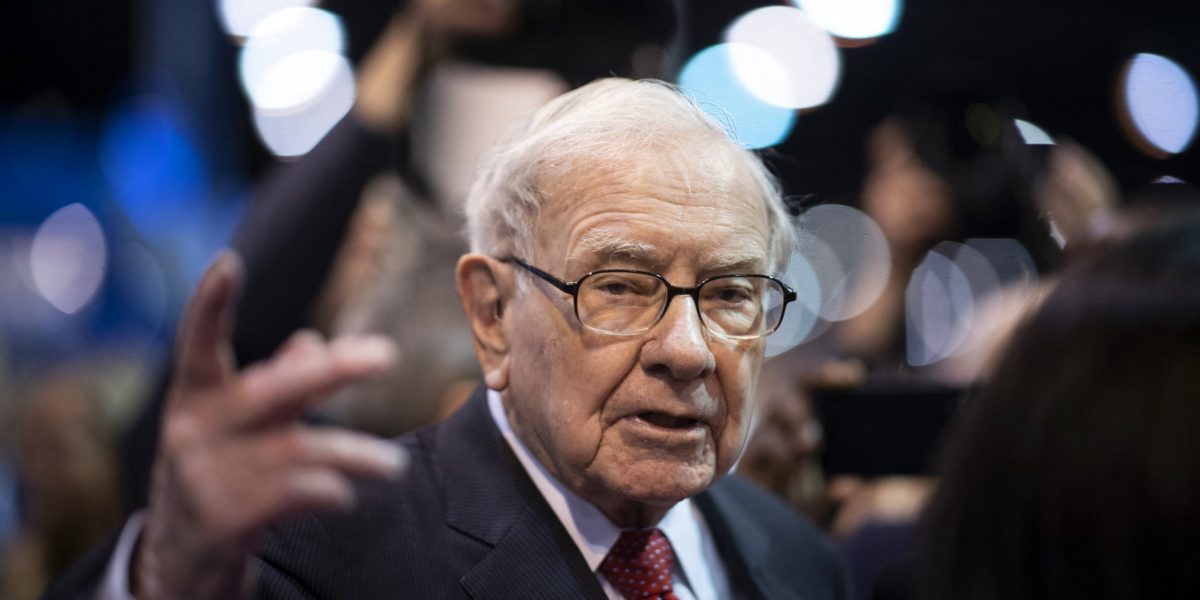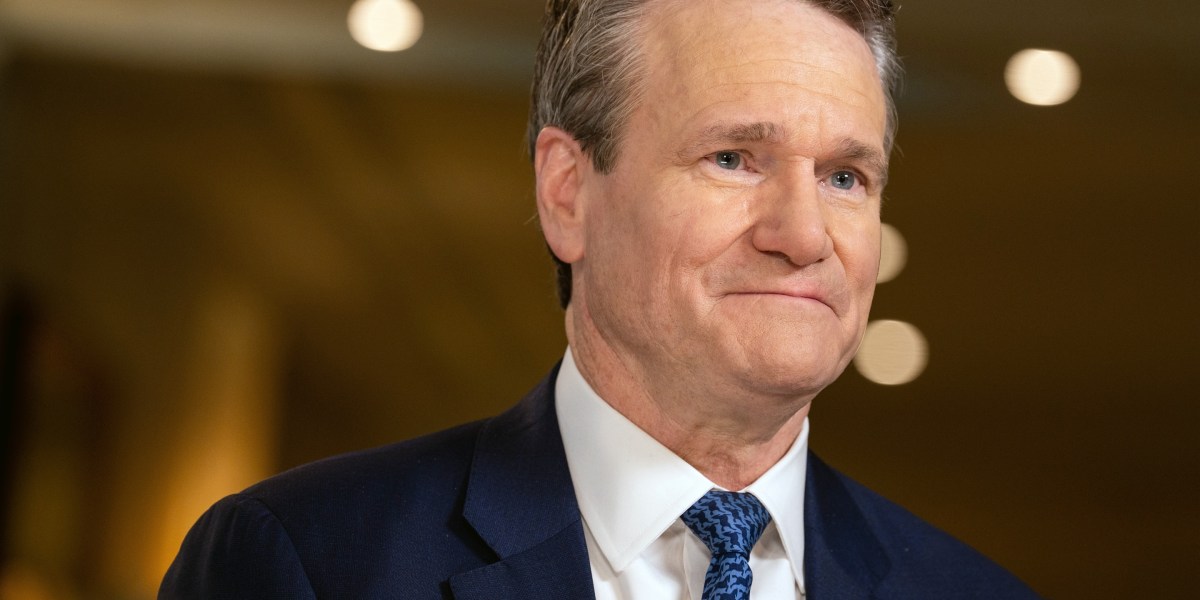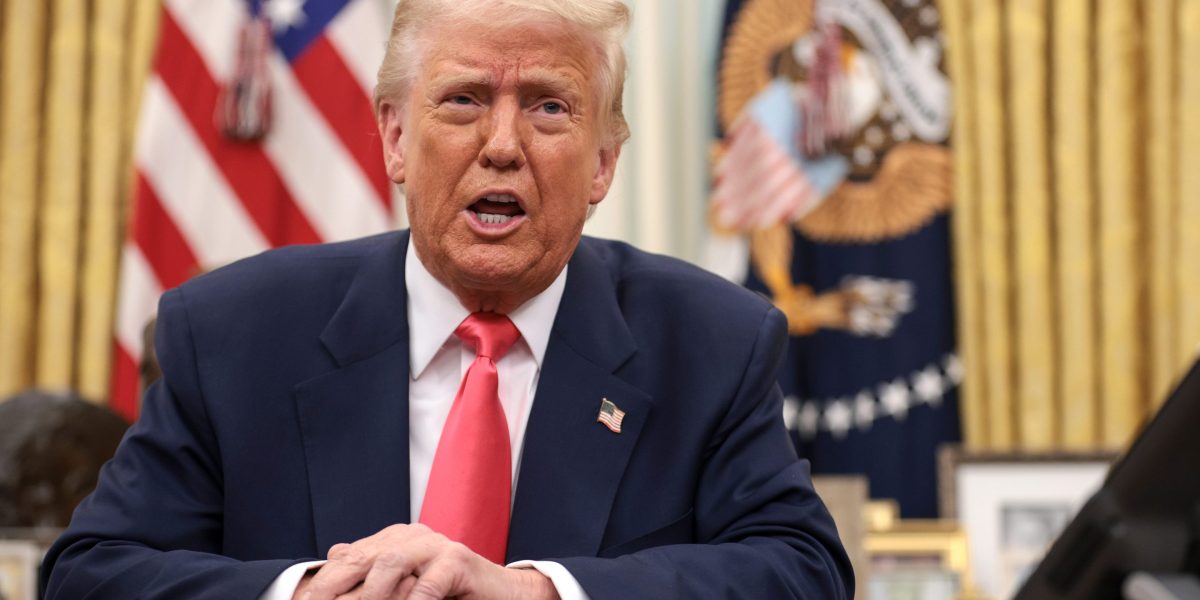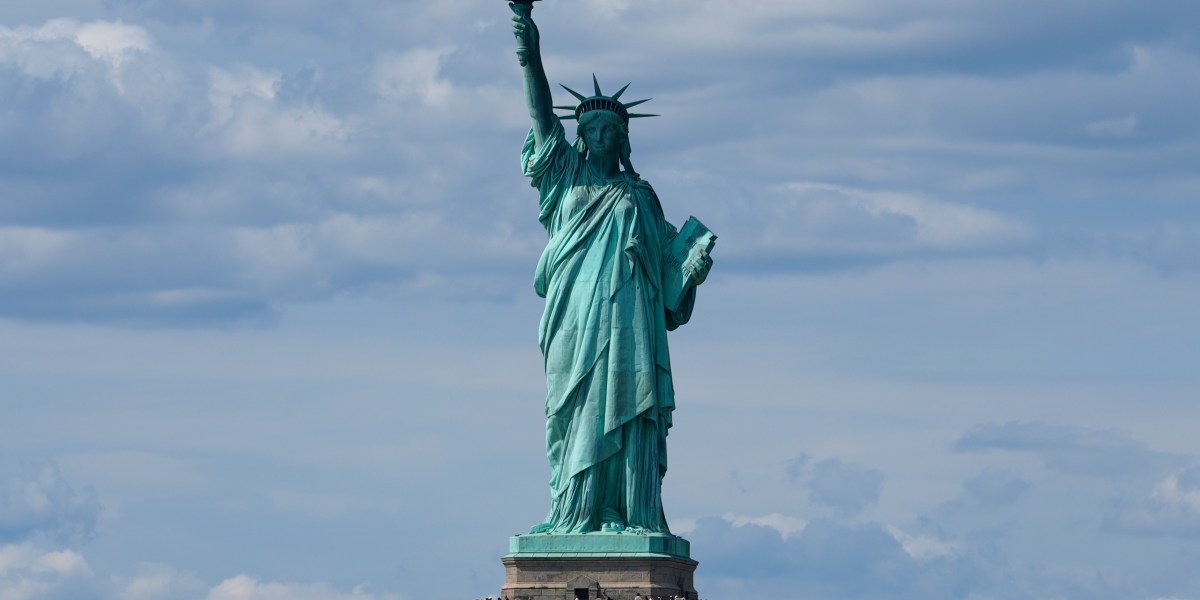Hey, America: Give the Statue of Liberty back to France.
So says a French politician who is making headlines in his country for suggesting that the U.S. is no longer worthy of the monument that was a gift from France nearly 140 years ago.
As a member of the European Parliament and co-president of a small left-wing party in France, Raphaël Glucksmann cannot claim to speak for all of his compatriots.
But his assertion in a speech this weekend that some Americans “have chosen to switch to the side of the tyrants” reflects the broad shockwaves that U.S. President Donald Trump’s seismic shifts in foreign and domestic policy are triggering in France and elsewhere in Europe.
“Give us back the Statue of Liberty,” Glucksmann said, speaking Sunday to supporters of his Public Place party, who applauded and whistled.
“It was our gift to you. But apparently you despise her. So she will be happy here with us,” Glucksmann said.
The White House brushed back on the comments Monday, saying France instead should still be “grateful” for U.S. support during World War I and World War II.
Can France claim it back?
Dream on.
UNESCO, the United Nations’ cultural arm that has the statue on its list of World Heritage treasures, notes that the iconic monument is U.S. government property.
It was initially envisaged as a monumental gesture of French-American friendship to mark the 100th anniversary of the July 4, 1776, Declaration of Independence.
But a war that erupted in 1870 between France and German states led by Prussia diverted the energies of the monument’s designer, French sculptor Frédéric-Auguste Bartholdi.
The gift also took time to be funded, with a decision taken that the French would pay for the statue and Americans would cover the costs of its pedestal.
Transported in 350 pieces from France, the statue was officially unveiled Oct. 28, 1886.
Is France’s government offering asylum to Lady Liberty?
No. French-U.S. relations would have to drop off a cliff before Glucksmann found support from French President Emmanuel Macron’s government.
For the moment, the French president is treading a fine line — trying to work with Trump and temper some of his policy shifts on the one hand but also pushing back hard against some White House decisions, notably Trump’s tariff hikes.
Macron has let his prime minister, François Bayrou, play the role of being a more critical voice. Bayrou tore into the “brutality” that was shown to Ukrainian President Volodymyr Zelenskyy during his White House visit and suggested that Trump’s administration risked handing victory to Russia when it paused military aid to Ukraine.
Glucksmann’s party has been even more critical, posting accusations on its website that Trump is wielding power in an “authoritarian” manner and is “preparing to deliver Ukraine on a silver platter” to Russia.
In his speech, Glucksmann referenced New York poet Emma Lazarus’ words about the statue, the “mighty woman with a torch” who promised a home for the “huddled masses yearning to breathe free.”
“Today, this land is ceasing to be what it was,” Glucksmann said.
What is the White House saying?
White House press secretary Karoline Leavitt was asked Monday about Glucksmann’s comments, and responded that the U.S. would “absolutely not” be parting with the iconic statue.
“My advice to that unnamed low-level French politician would be to remind them that it’s only because of the United States of America that the French are not speaking German right now,” Leavitt said, apparently referencing the U.S. fight with allied powers to free France from Nazi occupation in World War II and alongside France during World War I. “They should be very grateful.”
But the debt of gratitude runs both ways. Leavitt skipped past France’s key role in supporting the future United States during its war for independence from the United Kingdom.
Leavitt is one of three administration officials who face a lawsuit from The Associated Press on First- and Fifth-Amendment grounds. The AP says the three are punishing the news agency for editorial decisions they oppose. The White House says the AP is not following an executive order to refer to the Gulf of Mexico as the Gulf of America.
This story was originally featured on Fortune.com
Source link

 Entertainment8 years ago
Entertainment8 years ago
 Politics8 years ago
Politics8 years ago
 Entertainment8 years ago
Entertainment8 years ago
 Entertainment8 years ago
Entertainment8 years ago
 Tech8 years ago
Tech8 years ago
 Tech8 years ago
Tech8 years ago
 Politics8 years ago
Politics8 years ago
 Tech8 years ago
Tech8 years ago







